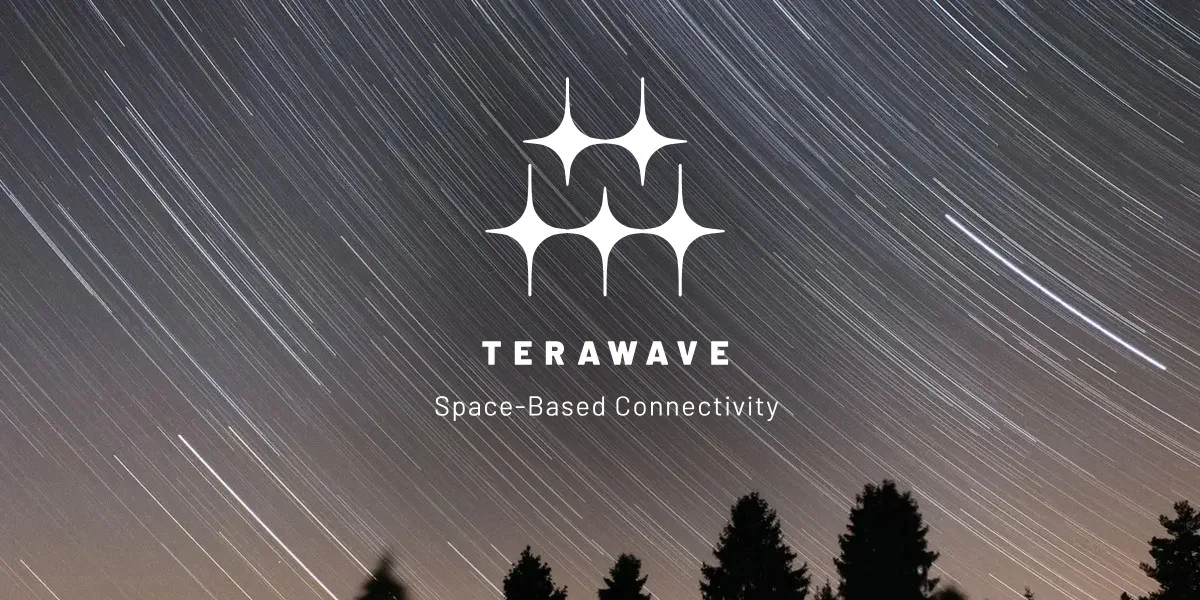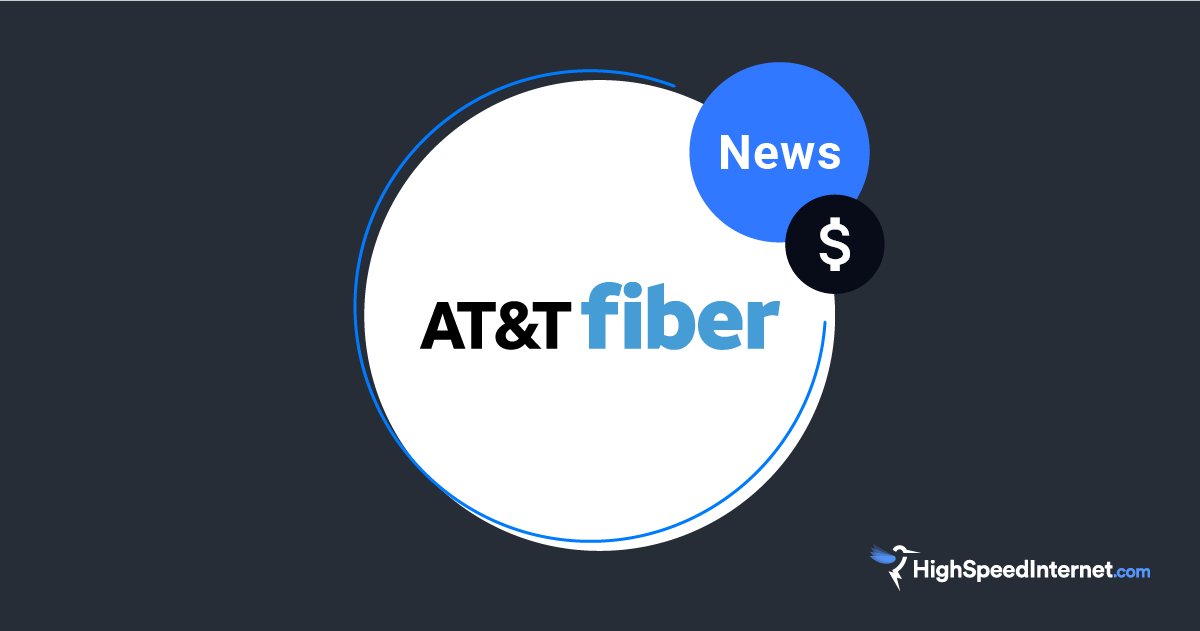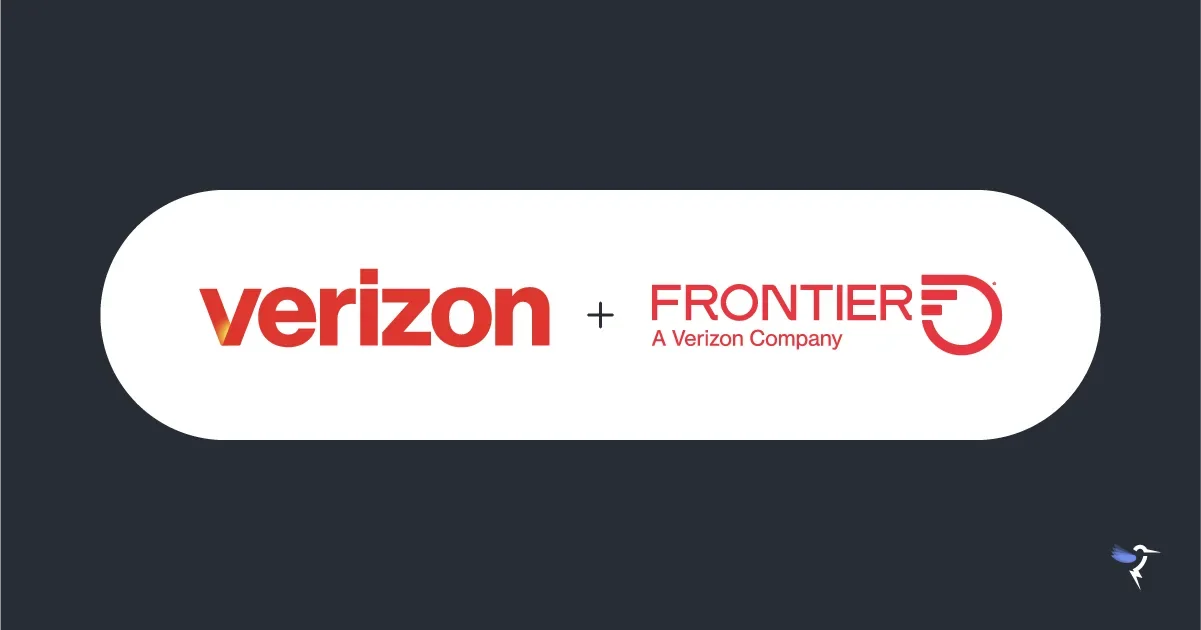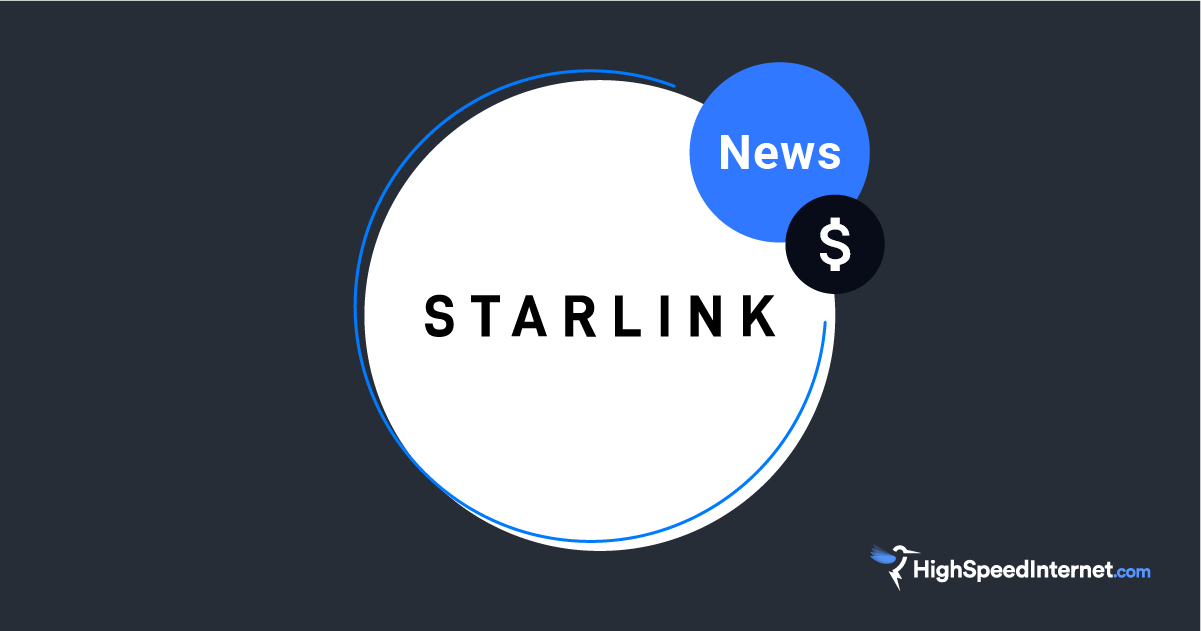Cancel Anytime: FTC Announces Click-to-Cancel Rule
The agency is fighting back against scammy subscriptions
Oct 21, 2024 | Share
News
We all have to deal with a lot more subscriptions these days. In addition to the proliferation of streaming services, a lot of tech companies have discovered that instead of selling us something once, they can make us pay for it every month.
Unsurprisingly, thousands of people have been complaining to the Federal Trade Commission (FTC) about getting stuck in subscriptions that they can’t cancel. On October 16, 2024, the FTC announced that it would be implementing a “Click-to-Cancel” rule, requiring companies to simplify the process of canceling subscriptions. We’re going to take a look at what this means for the average internet user.
Free trials, membership programs, and other deceptive practices
In the last few years, the FTC has been involved in multiple lawsuits against companies that have attempted to defraud consumers by locking them into subscriptions with false or misleading claims. One of the most high-profile cases was in June 2024, when the Department of Justice filed a complaint against Adobe, the maker of Photoshop and other software, for deceiving consumers by hiding early termination fees and making it difficult to cancel their subscriptions.
Internet providers were also notorious for hidden fees, price increases, and lengthy contracts that could trap customers with a service they didn’t want and no way to switch to a better option. The Federal Communications Commission (FCC) dramatically reduced these deceptive practices by requiring Broadband Labels to be displayed any time consumers were comparing plans.
Seeking to cut down on these sorts of scams in other tech sectors, the FTC proposed a new rule that would require companies to make it easy to cancel a subscription online, even if you signed up in person.
Are you looking to cancel your current internet service and find something better?
Enter your zip code below to see what options are available in your location.
The Negative Option Rule
The Negative Option rule applies to all negative option programs in any media. In other words, it targets any program you have to actively cancel to avoid being repeatedly billed. This rule has several stipulations:
- Prohibiting sellers from misrepresenting material facts
- Requiring sellers to clearly and conspicuously disclose material terms
- Requiring sellers to obtain consumers’ express informed consent
- Requiring sellers to provide a simple mechanism to cancel the program and immediately halt charges (the “Click-to-Cancel” rule)
The FTC considered imposing additional requirements, such as annual reminders about their subscription and requiring companies to ask before offering incentives to stay subscribed.
All of these points are important, though most just clarify conduct that should already be illegal under other laws against false advertising, which will make it much easier to report and take legal action against violators.
The biggest change for most consumers will be the fourth point, the Click-to-Cancel Rule. In a major departure from the way that most companies have handled cancellations, all subscription services must now have an easy way to end a subscription. If you sign up for a service online, it must also offer a simple option that allows you to click to cancel. If you signed up in person, the company must allow you to cancel online or over the phone.
Companies that violate these rules will be liable for redress and civil penalties. Importantly, the onus is on the subscription service to prove that they clearly informed the customer of the terms and that they have proof of their informed consent.
Consumers still need to be careful with subscriptions
This rule is far-reaching, even applying to businesses that might be getting scammed, but there are some things to be aware of.
First, while the rule notes that companies can’t make it expensive to cancel by, for example, providing a toll-free number to sign up, but a toll number to cancel, it doesn’t seem to prohibit early termination fees. Early termination fees (ETFs) are at the heart of the ongoing Adobe case, but the issue is that Adobe hid the fact that their “paid monthly” plan was actually an annual plan that you simply paid for monthly.
It doesn’t seem that companies are prohibited from charging ETFs as long as they are very clear about them upfront. That means that consumers have to be extra careful to read all the terms before signing up for one of these services.
Second, “as easy to cancel as it is to sign up” is a bit subjective, and implies that a sufficiently complicated sign-up process might allow for a more complicated cancellation process, though the FTC does make an effort to close some potential loopholes. For example, even if a business actually set its operating hours from midnight to 3 am, it wouldn’t be able to limit the time it takes cancellation calls to those times. The FTC notes that even a small company with strange hours could have an answering machine that takes cancellation calls.
This isn’t likely to be an issue with huge tech companies that have spent decades streaming the subscription process, but it is something to look out for.
Third, click-to-cancel only applies to subscriptions, so if you have a subscription that’s part of a larger contract, canceling the subscription does not void the rest of the contract. This is mostly applicable to business-to-business interactions, but it’s nice to know that the click-to-cancel rule will also help small businesses from getting scammed.
A big win for consumer protection
As someone who avoids subscription models like the plague, this ruling let me breathe a huge sigh of relief. Hopefully you’ve never had to call up your credit card company and ask them to halt payments to a subscription that refuses to stop charging you. Because it’s a massive pain and credit card companies are usually pretty nervous to do that.
This new rule is a massive win for consumer protection and will make those kinds of scams untenable. There used to be companies whose entire business model was simply to hook people with these sorts of scams, especially those who were less technically or financially savvy. The problem was so huge that it spawned an entire industry of bill management apps like Rocket Money whose sole purpose was to cancel unwanted subscriptions.
I, for one, am happy to no longer be living in a dystopia where people pay companies money to stop other companies from charging them for things they don’t want. It would be nice if this leads to Adobe letting people actually buy their software for the first time in over a decade, but I’ll settle for fewer emails trying to lure me into sketchy free trials.
Author - Peter Christiansen
Peter Christiansen writes about telecom policy, communications infrastructure, satellite internet, and rural connectivity for HighSpeedInternet.com. Peter holds a PhD in communication from the University of Utah and has been working in tech for over 15 years as a computer programmer, game developer, filmmaker, and writer. His writing has been praised by outlets like Wired, Digital Humanities Now, and the New Statesman.
Editor - Jessica Brooksby
Jessica loves bringing her passion for the written word and her love of tech into one space at HighSpeedInternet.com. She works with the team’s writers to revise strong, user-focused content so every reader can find the tech that works for them. Jessica has a bachelor’s degree in English from Utah Valley University and seven years of creative and editorial experience. Outside of work, she spends her time gaming, reading, painting, and buying an excessive amount of Legend of Zelda merchandise.



